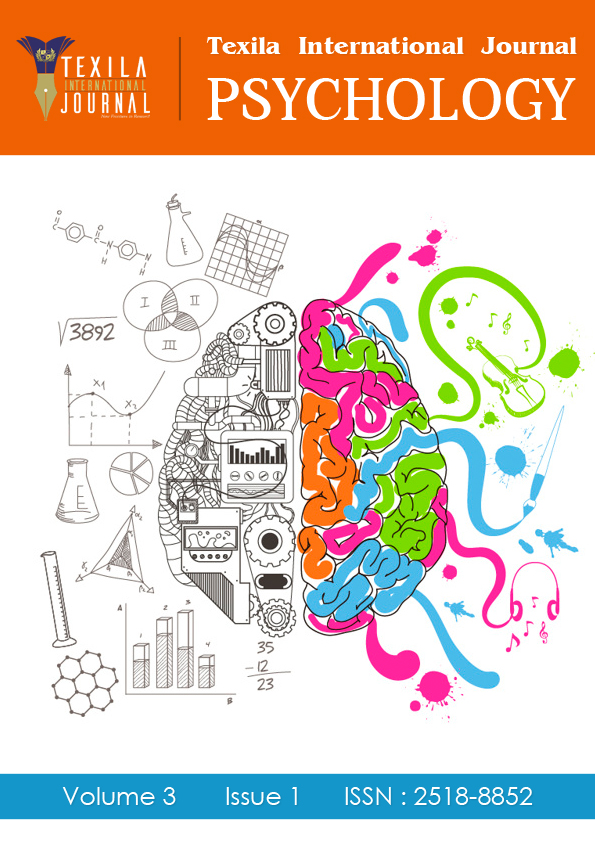References:
[1]. Anagnostopoulo, K. (2002). Designing
to learn and learning to design: an overview of instructional design models LTSN
Generic design: an overview of instructional design models. LTSN Generic.
[2]. Boud, D. & Feletti, G. (1999).
The Challenge of Problem-Based Learning, (2nd Ed.), London: Kagan Page.
[3]. Dick, W. (1987). A history of
instructional design and its impact on educational psychology, in J. Glover &
R. Ronning (eds), Historical foundations of educational psychology. New York: py
gy Plenum.
[4]. Evans, T. (1994). Understanding
Learners in Open and Distance Education. London: Kogan Page.
[5]. Gustafson, K.L., & Branch,
R.M. (2002). Survey of Instructional Development Models, Ed 4. New York: ERIC.
[6]. Hartley, J. (1991). Designing
Instructional Text, 3rd Ed. London: K PKogan Page. 21 Centre.
[7]. Reiser, R.A. (2001). A history
of instructional design and hl hi f iildi diltechnology, Part II: A history of instructional
design. Educational Technology, Research and Development, 49 (2), 57-67.
[8]. Romiszowski, A.J. (1982). A
new look at instructional design, Part II, Instruction: Integrating one’s approach.
British Journal of Educational Technology 13 (1) 15-55Educational Technology, 13
(1), 15 55.
[9]. Rowntree, D. (1990). Teaching
through Self- Instruction, Rev Ed. London: Kogan Page.
[10]. Seels, B., & Richey, R.
(1994). Instructional Technology: The definition and domain of the field. Washington,
DC: AECT.
[11]. Shatunova, O. V., Shabalin S.
V., (2014). Innovative Training Forms of Pre-Service Teachers of Technology for
the Teaching the Basics of Entrepreneurship. World Applied Sciences Journal, 29(4),
1818-4952.
[12]. Shatunova, O.V., Falyakhov,
I.I. (2015). Formation of the Social-Professional Mobility of Students during Their
Participation in the College Innovative Activity. The Social Sciences, 10(6), 926-929.
http://mon.tatarstan.ru/eng (Date of view 16.10.13)
[13]. Teo, R. and Wong, A. (2000).
Does Problem Based Learning Create A Better Student: A Reflection? Paper presented
at the 2nd Asia Pacific Conference on Problem-Based Learning: Education across Disciplines,
December 4-7.


